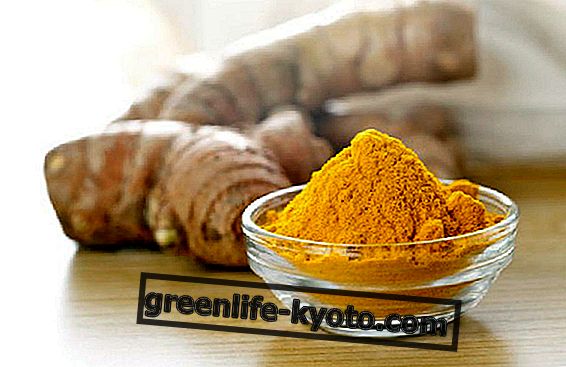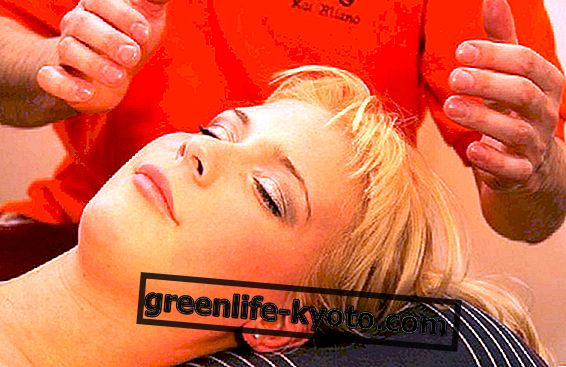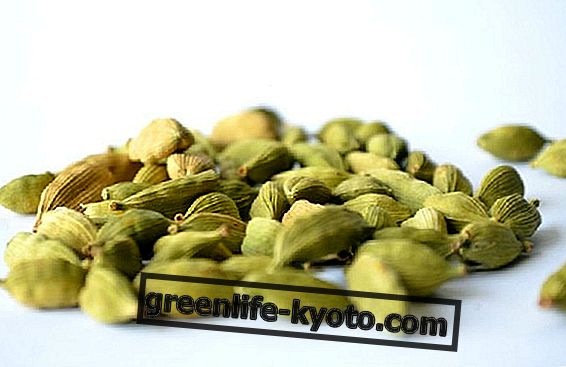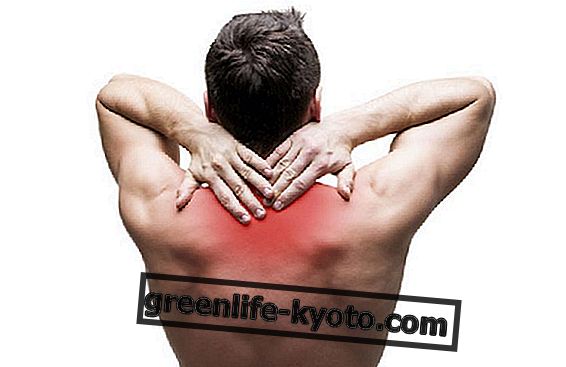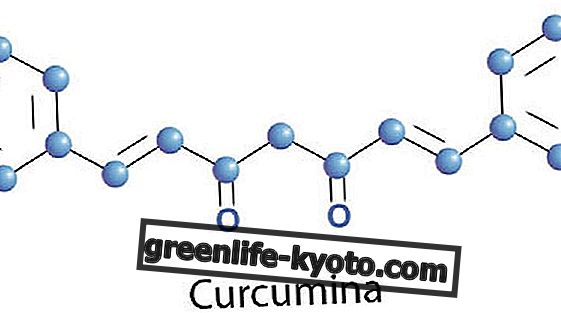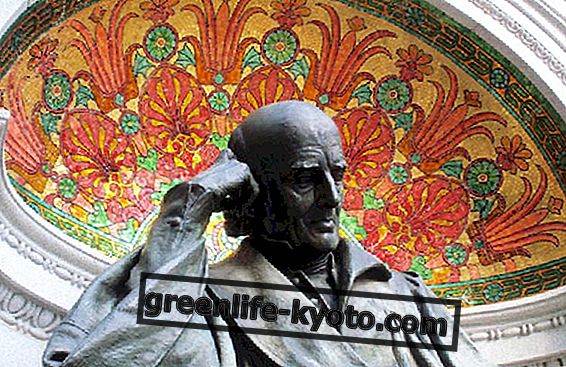
Some contest it, accusing it of being devoid of any scientific foundation. Others aim to demonstrate its effectiveness by moving on irrefutable results. Let us try to shed light on the effectiveness of homeopathy and look transparently at the two sides of the same coin, which is the cure devised by Professor Samuel Hahnemann.
The debate on the effectiveness of homeopathy
Why is the effectiveness of homeopathy a debate that raises discordant words and thoughts behind it? Homeopathy uses preparations that have an individualized composition, designed for the individual, with the history of his personal health: each prescription is different in terms of time, methods and dilutions. This factor already precludes the indispensable tools to produce large-scale tests on the effectiveness of homeopathy.
Not only that: homeopathy is placed on the same level as "unconventional" medicines, a field in which chiropractic, traditional Chinese, ayurvedic medicine, and even naturopathy are included. The prescientific character of these systems makes them, in the eyes of many doctors devoted to official medicine, disabled, because they are developed with intuitive or inductive procedures, far from the logic of modern science.
Scientific evidence of the effectiveness of homeopathy exists. For example, just consult a database like PubMed to find valid data. This database contains research carried out in countries where homeopathy is not hindered by institutions, countries such as the United States, India, Brazil and Great Britain. In other areas of the world, homeopathy does not find institutional support, because this would touch precarious balances and would mean giving access to this discipline in hospitals, in the academic world, working for public research, going to touch the more interest than a pharmaceutical company.
Unquestionable scientific data testify to the effectiveness of homeopathy: the homeopathic substances administered stimulate the body's reaction, routing it to cure various ailments, especially the chronic ones (rheumatic diseases, migraine) . The scientific literature shows positive results also in the cases of patients undergoing chemotherapy.
If you want to get a fuller idea on the controversy about the effectiveness of homeopathy we recommend an international debate published in Human and Experimental Toxicology.
Opinions on the effectiveness of homeopathy
The doubts that come from official medicine with respect to homeopathy derive from an overview of the discipline, which is perceived as a rigid set of precepts dictated by its founder. For many doctors trained in Italian universities, the principles of homeopathy remain firmly rooted in the Hahnemannian tradition and therefore in obvious contrast with the progress of biological sciences. It is then perceived as a discipline that promises effective results in the short term, an "easy" science that enchants and persuades people in difficulty.
According to a recent Telegraph news report, a hundred BMA (British Medical Association) scientists compared homeopathy to a kind of witchcraft and requested that it be revoked by the National Health System. Detractors of homeopathy such as these British doctors are absolutely convinced that what is administered contains nothing . But let us better clarify a fundamental point: homeopathy is based on the principle of homeopathic dilution and on the idea that a substance dissolved in water retains its essence. For the skeptics, this is an absurd belief based on an alleged "memory of the water". The reasoning ends logically: a homeopathic preparation cannot do well, much less badly.
But how are the successes of care explained by detractors? Simple psychological suggestion. Diseases such as colds and headaches can heal spontaneously: what happens, according to the "official" doctors, is that the patient goes to the doctor when the symptoms are more acute and, when the latter are regressed, the person attributes the merit to the homeopathic medicine .
We will keep you informed of this hot pool of controversy, with the intention of moving away from the logic of interests, but wanting to favor well-founded news that can prove useful in terms of the personal health of each of us.
Read also
> Homeopathy, AIFA recognizes new products
> Homeopathy, how it works



